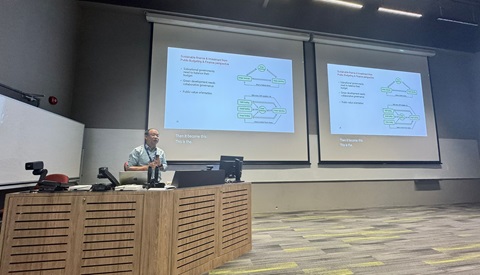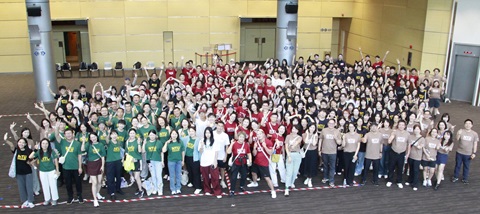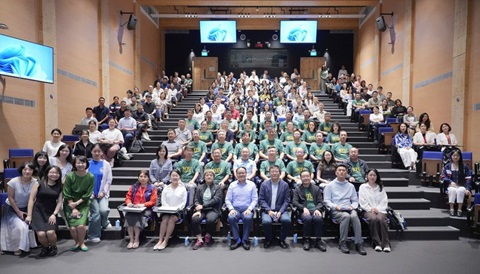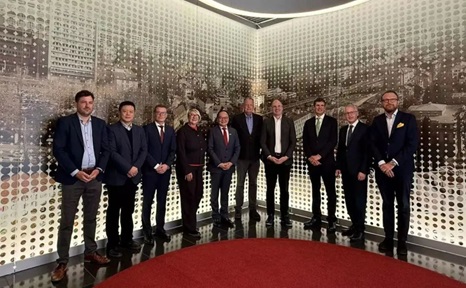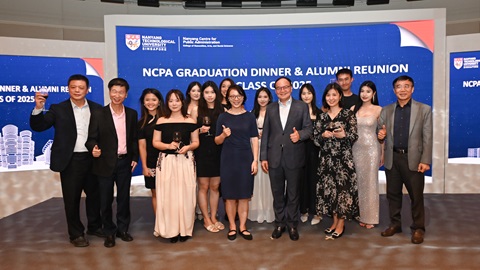ASEAN-China Relations in a Changing World: New Geopolitics and Regional Cooperation Concluded Successfully
The ASEAN-China International Workshop, themed “ASEAN-China Relations in a Turbulent World: New Geopolitical Influence and Regional Cooperation”, was successfully held at Nanyang Technological University (NTU), Singapore, from 27 to 28 May 2025. Organised by the Nanyang Centre for Public Administration (NCPA), the workshop brought together a distinguished group of scholars, policymakers, industry leaders from more than a dozen countries, and students from NCPA’s MSc in Managerial Economics (EMME) and MSc in Public Administration (EMPA) programmes.
Bringing together more than 100 participants from diverse disciplines and sectors, the meeting delved into innovative models of regional cooperation in the face of evolving geopolitical landscapes with a focus on mechanisms of ASEAN-China engagement within the framework of “new regionalism,” geo-economic rivalry, the evolution of regional governance, digital sovereignty, cross-border mobility, and people-to-people exchanges. Amid rising geopolitical tensions, protectionism, and the restructuring of global value chains, ASEAN and China have continued to promote a spirit of openness and resilience, deepening their Comprehensive Strategic Partnership and working towards a more closely connected Asia-Pacific regional order.

The event commenced with opening remarks by Professor Liu Hong, the main convenor of this forum, Associate Vice President (International Engagement), Tan Lark Sye Chair Professor in Public Policy and Global Affairs, and Director (Research & Executive Education) at the Nanyang Centre for Public Administration (NCPA). The keynote session featured three distinguished speakers: Professor Zhao Suisheng, Professor, Josef Korbel School of International Studies and Director of the Center for China-US Cooperation, University of Denver; Professor Zha Daojiong, Professor, School of International Studies and Director of the Office of Research, Institute of South-South Cooperation and Development, Peking University; and Dr Le Quang Lan, Director, Market Integration Directorate, ASEAN Economic Community Department, ASEAN Secretariat. They delivered in-depth analyses of US-China relations, ASEAN-China cooperation pathways, and the future of regional economic collaboration.
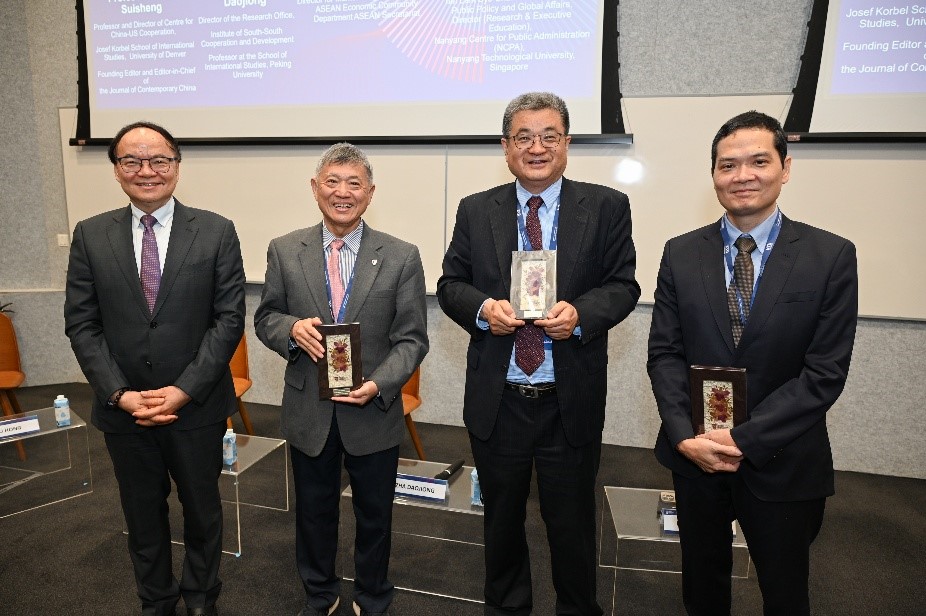
In the subsequent roundtable sessions, leading voices from policymaking, business, and regional governance engaged in vibrant discussion. Speakers included Ms Wong Yoke Hui, Director for Southeast Asia and Oceania, Ministry of Trade and Industry, Singapore; Dr Alexander C. Chandra, Assistant Director and Officer-in-Charge of Trade, Industry and Emerging Issues Analysis and Monitoring, ASEAN Secretariat; Mr Douglas Foo, Founder and Executive Chairman of Sakae Holdings Ltd., and Singapore’s Non-Resident High Commissioner to the United Republic of Tanzania; and Mr Wichai Kinchong Choi, Senior Vice President, Kasikornbank, Thailand. The four speakers shared insights from different perspectives—economic, business, and multilateral governance—centring their discussion on the theme “Southeast Asia’s Regional Cooperation and Growth: Challenges and Opportunities.”

In the afternoon and on the following day, five thematic plenary sessions were held, each addressing a key dimension of ASEAN-China regional engagement. Discussions explored Transitions in Regional Sustainability and Integration Pathways; ASEAN-China Financial Cooperation and Monetary Regionalism Amidst Economic Turbulence; Development Trajectories and Institutional Competition Under New Regionalism; Digital Governance, Generative AI, and the Geopolitical Impacts of Cross-Border Data Flows; as well as Population Mobility, Public Diplomacy, and Social Linkages with Southeast Asia.






